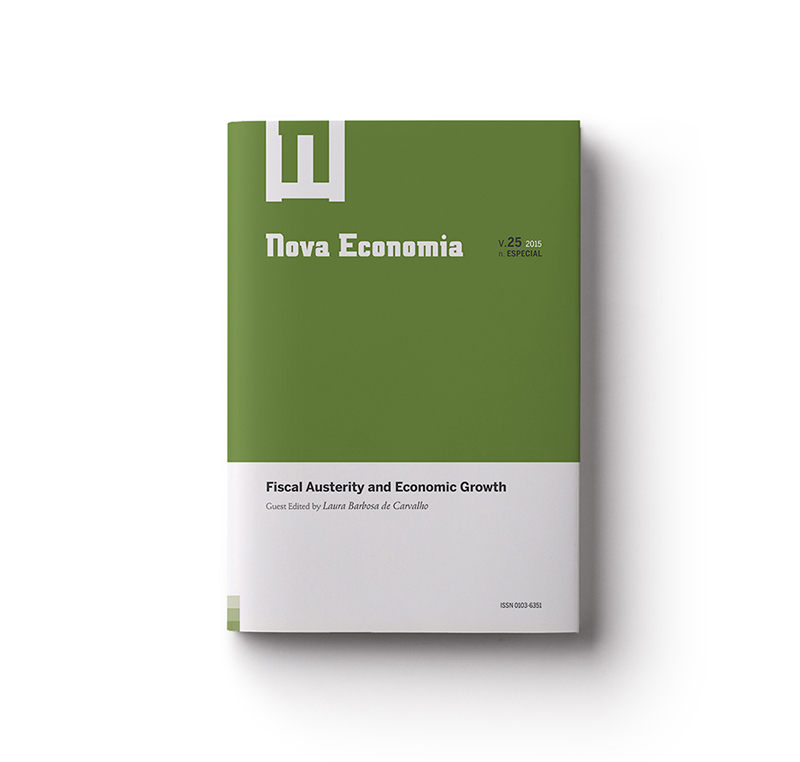Macroeconomic regime and labor market: the Argentine experience of the past two decades
Palavras-chave:
mercado de trabalho, regime macroeconômico, taxa real de câmbio, Argentina.Resumo
This document analyzes the interactions between macroeconomic regimes, employment generation and the dynamics of labor incomes in Argentina under two different macroeconomic regimes: the currency board regime of the 1990s and the high real exchange rate regime that followed. The former, characterized by a strong currency overvaluation, had a negative impact on economic activity and the labor market. However, the maintenance of a competitive real exchange rate does not by itself guarantee the sustained positive performance of the labor market, as it became evident in Argentina during the 2000s. Although the sizable depreciation of the peso –together with a positive international context- favored the expansion of output and employment, the initial concern of maintaining the real exchange rate at a competitive level was not continued with policies aimed to counteract the appreciation trend that appeared a few years after the implementation of the new regime.
Downloads
Publicado
Como Citar
Edição
Seção
Licença
Autore[a]s que publicam nesta revista concordam com os seguintes termos:
- Autore[a]s mantém os direitos autorais e concedem à revista o direito de primeira publicação, com o trabalho simultaneamente licenciado sob a Licença Creative Commons Atribuição 4.0 Internacional que permite o compartilhamento do trabalho com reconhecimento da autoria e publicação inicial nesta revista.
- Autore[a]s têm autorização para assumir contratos adicionais separadamente, para distribuição não-exclusiva da versão do trabalho publicada nesta revista (ex.: publicar em repositório institucional ou como capítulo de livro), com reconhecimento de autoria e publicação inicial nesta revista.
- Autores têm permissão e são estimulados a publicar e distribuir seu trabalho online (ex.: em repositórios institucionais ou na sua página pessoal) a qualquer ponto antes ou durante o processo editorial, já que isso pode gerar alterações produtivas, bem como aumentar o impacto e a citação do trabalho publicado (Veja O Efeito do Acesso Livre).




